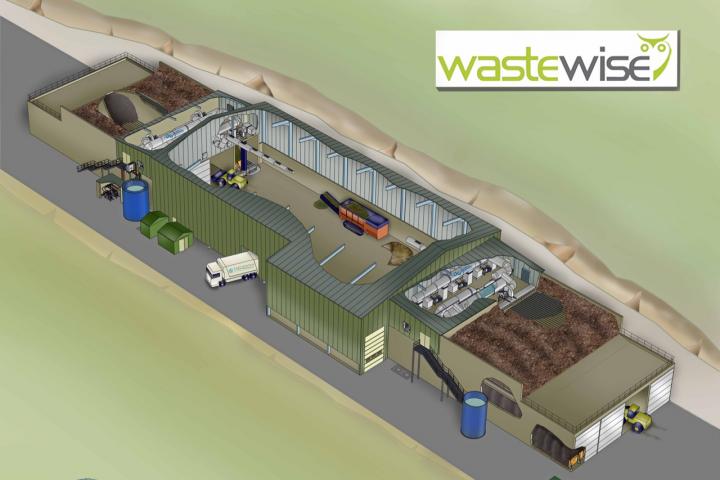
A recycling company has been given the green light by planning chiefs to build a food composting plant in Crewe.
The Hull-based recycling company, Biowise, has secured a 15-year deal with Cheshire East Council to provide a composting plant to process food and garden waste from Cheshire East's 370,000 residents.
The composting plant will make it possible for food across the whole of Cheshire East to be recycled for the first time from late summer 2019.
Latest figures have revealed Cheshire East Council is recycling more than 55 per cent of waste compared with less than 17 per cent almost a decade ago.
Councillor Don Stockton, Cheshire East Council's cabinet member for environment, said: "We are delighted that Biowise has come up with an efficient, sustainable and low-cost solution to recycle food waste. They have done a great job in successfully satisfying the strict planning application requirements.
"This new composting plant will process food and garden waste together and will help us to further improve our recycling rates, which are currently better than the majority of councils across England. We are determined to further improve these rates so that we are among the very best in the country. We look forward to working with Biowise and building a strong partnership into the future."
Cheshire East is keeping its three bin system with the waste being collected fortnightly within the garden waste bin, so there will be no need for an extra container. Once completed next year, the food and garden waste will be processed at the new six-acre composting plant in Crewe.
Each year, from 2019, Biowise will have a licence to manage 75,000 tonnes of food waste across Cheshire East. The company will design, build, finance and operate a £7m gicom in-vessel composting facility along with associated aerated static pile composting, screening and blending operations at the council-owned site in Leighton Grange, near Crewe.
Bob Wilkes, operations and development director for Biowise, said: "The development of this advanced composting facility represents the culmination of a two-year process of careful design and negotiation with Cheshire East Council officers and their advisors.
"Through this forward thinking and collaborative process, Cheshire East Council is providing a long-term, environmentally-friendly solution to their residents, utilising state-of the-art technology to produce a fantastic quality assured PAS 100 compost product from mixed garden and food waste. We are delighted to be a part of that process and excited about the prospect of working together in the future."
Photo An artist's impression of a similar design from the composting plant in Hull – the one in Crewe will be up and running by late summer 2019.
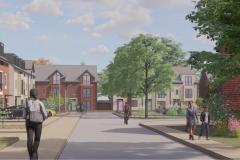
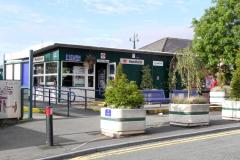



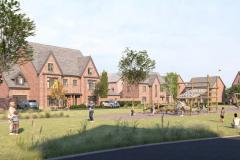
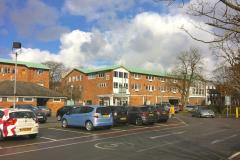
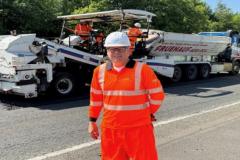
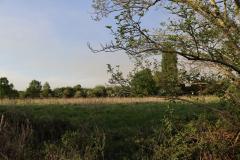

Comments
Here's what readers have had to say so far. Why not add your thoughts below.
In addition, I previously lived in a council area that experimented with bins for food recycling that was collected every 2 weeks. It was abandoned after a few months due to the rats.
As has already been pointed out, green bins are frequently full of garden waste. Forcing food wate into these bins will only lead to them being overflowing leading to much bigger issues.
If this initiative is to have any future at all, there must be an additional bin with a secure lid. The collection agents could then collect two bins at the same time.
On the other hand, the initiative will lead to the green in collection being continuous through the year. A major plus and it may be a price worth paying for the potential food waste overflow.
The whole of the boroughs waste is currently being recycled at the purpose built Waste Transfer Station (Environmental Hub) operated by Ansa at Cledford Lane in Middlewich.
CEC seems to have shot itself in the foot again. More road traffic will be generated by having to transfer the waste from Middlewich to Crewe. and making Cledford Road semi redundant within 2-3 years of opening it.
Hindsight is a wonderful thing!
The new in vessel composting plant using green and food will produce quality assured PAS100 compost.
Perhaps it would be a better contribution if Stuart in future drew conclusions from facts rather than assumptions.
The bulk of the population is in the south therefore there is logic in siting the plant at Crewe.